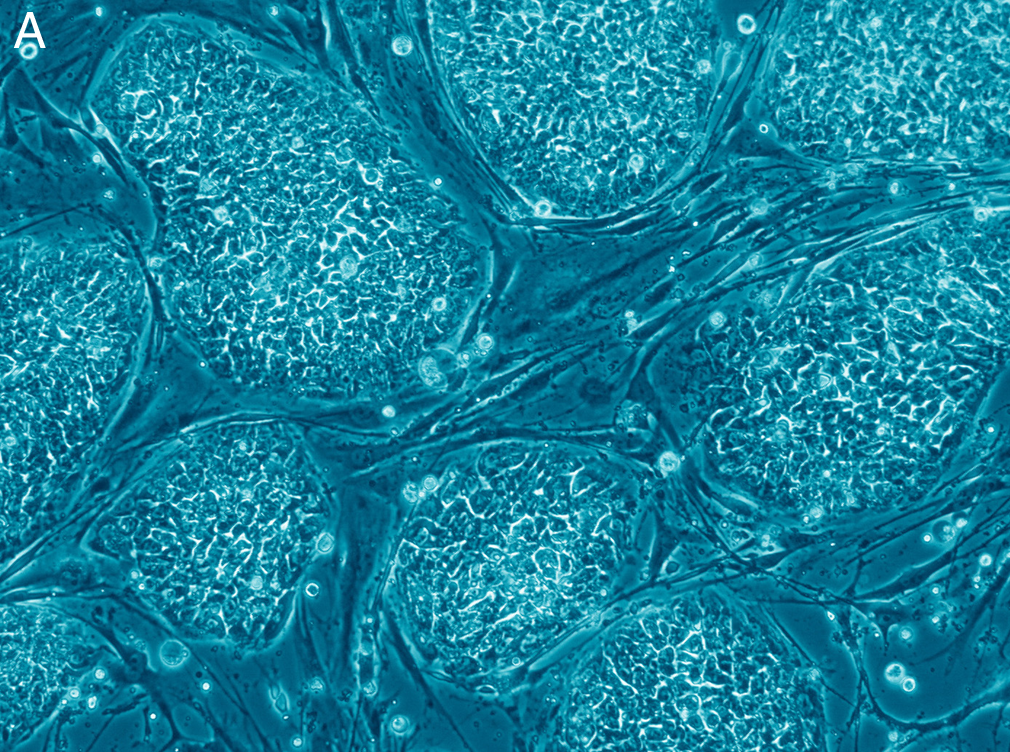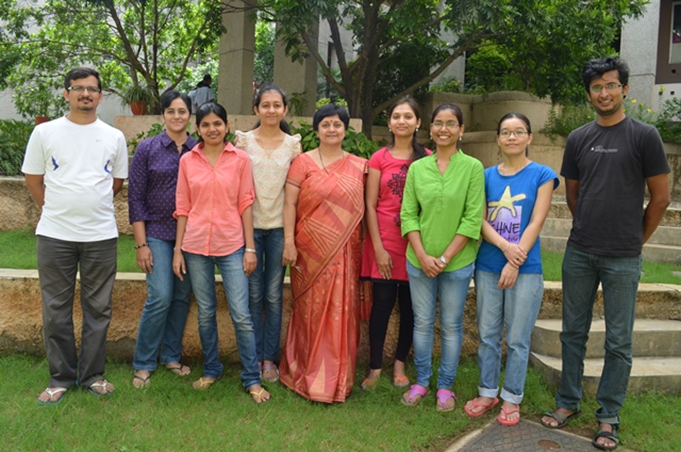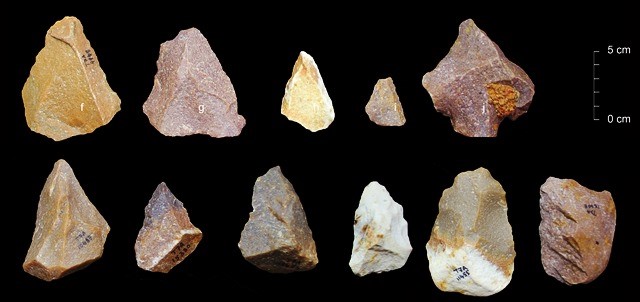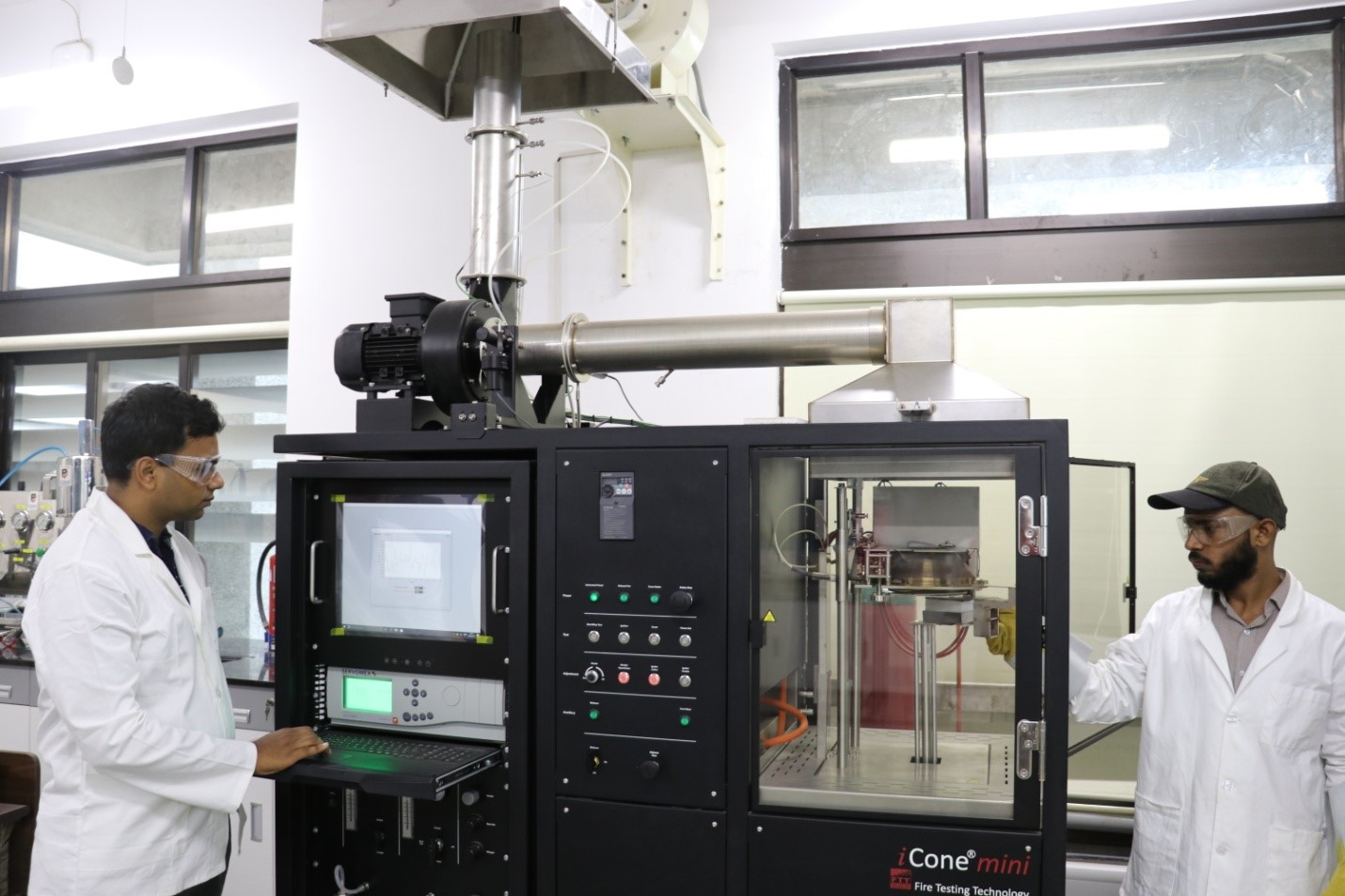
Indian Scientists Develop Mechanism to Rejuvenate Aged Stem Cells
- News
- 1.2K
Bone marrow transplantation involves transplantation of hematopoietic stem cells or those stem cells that give rise to other types of blood cells. In such cases, the age of the donor is important as younger donor age results in better outcome. A group of Indian scientists has now developed a mechanism that can rejuvenate stem cells from older donors, making them useful for transplantation.

The mechanism developed by researchers at the National Centre for Cell Science (NCCS), Pune involves rejuvenating aged hematopoietic stem cells in a short-term culture using microvesicles secreted by young stromal cells. This approach, they hope, will expand donor cohort.
The finding has relevance in clinical bone marrow transplantation, wherein usually, aged donors are not preferred as their stem cells could have compromised engraftment ability due to ageing. With the new mechanism, it might be possible to rejuvenate aged stem cells and thereby expand the donor pool.
“Stromal cells are support cells present in the microenvironment of stem cells. We have shown that these cells display activated AKT signalling as they age. This leads to a loss of autophagy-inducing mRNAs in their micro-vesicles. If this signalling is blocked by using chemical inhibitors in aged stromal cells in culture, they become ‘young-like’ and secrete good quality micro-vesicles containing autophagy-inducing mRNA that can rejuvenate aged stem cells” explained Dr.Vaijayanti P. Kale, who led the research team. The findings have been published in scientific journal Stem Cells.
For the study, researchers used 6‐8 weeks (young) and 18‐24 months (aged) old mice because age‐associated changes in human hematopoietic stem cells are similar to those observed in mouse, suggesting that hematopoietic ageing is an evolutionarily conserved process. Their bone marrow-derived lineage-negative cells were treated with extra-cellular vesicles, microvesicles or exosomes isolated from conditioned medium of mesenchymal stromal cells for 36 hours. The output cells were subjected to phenotypic, functional and molecular characterizations. They observed that young mesenchymal stromal cells rejuvenate aged hematopoietic stem cells.
“Our data indicate that such rejuvenation may also be possible for other tissue-specific stem cells. We propose to extend our research towards stem cells from other tissues,” said Dr. Kale. She also added that this research has the potential to improve the outcome of regenerative medicine therapies using this approach.
The research team included Rohan Kulkarni, Manmohan Bajaj, Suprita Ghode, Sapana Jalnapurkar and Dr.Lalita Limaye. (India Science Wire)
For the latest tech news and conversations, follow Research Stash on Twitter, Facebook, and subscribe to our YouTube channel.


